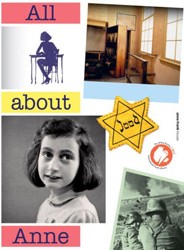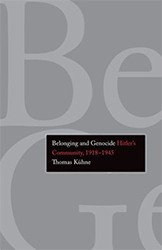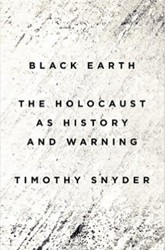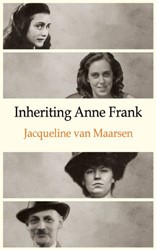In 1969, Deborah Steiner-Van Rooyen was instructed by her grandfather to find his brother’s son, Yonah Steiner. All she knew was the name of the Israeli kibbutz he had lived on nearly two decades ago. Miraculously, not only does she find her grandfather’s nephew, but she persuades him to t ell her about his experience during the Holocaust, something he had not spoken about to his own children for years. Yonah’s recounting of his life from age thirteen, when he was first captured by the Nazis in Poland on his way home from school and forced into brutal slave labor for seven years, is heart-wrenching. No matter how many accounts one reads on the Holocaust, each individual’s testimony is an education in what the Jews went through and lived to tell future generations. Yonah is wholly honest to Steiner-Van Rooyen, who faithfully narrates his story, including his description of maiming and murdering the Nazi soldiers with bayonets upon his liberation, along with his camp cohorts. The words are shocking to read, although in truth, no more so than the gritty details of camp life or Yonah’s constant brushes with death throughout the war.
Though he says he has lost the ability to cry and feel as acutely as those who did not go through the war, Yonah is an inspirational figure, and his story is a testament to the enduring survival and spirit of the Jewish people.





